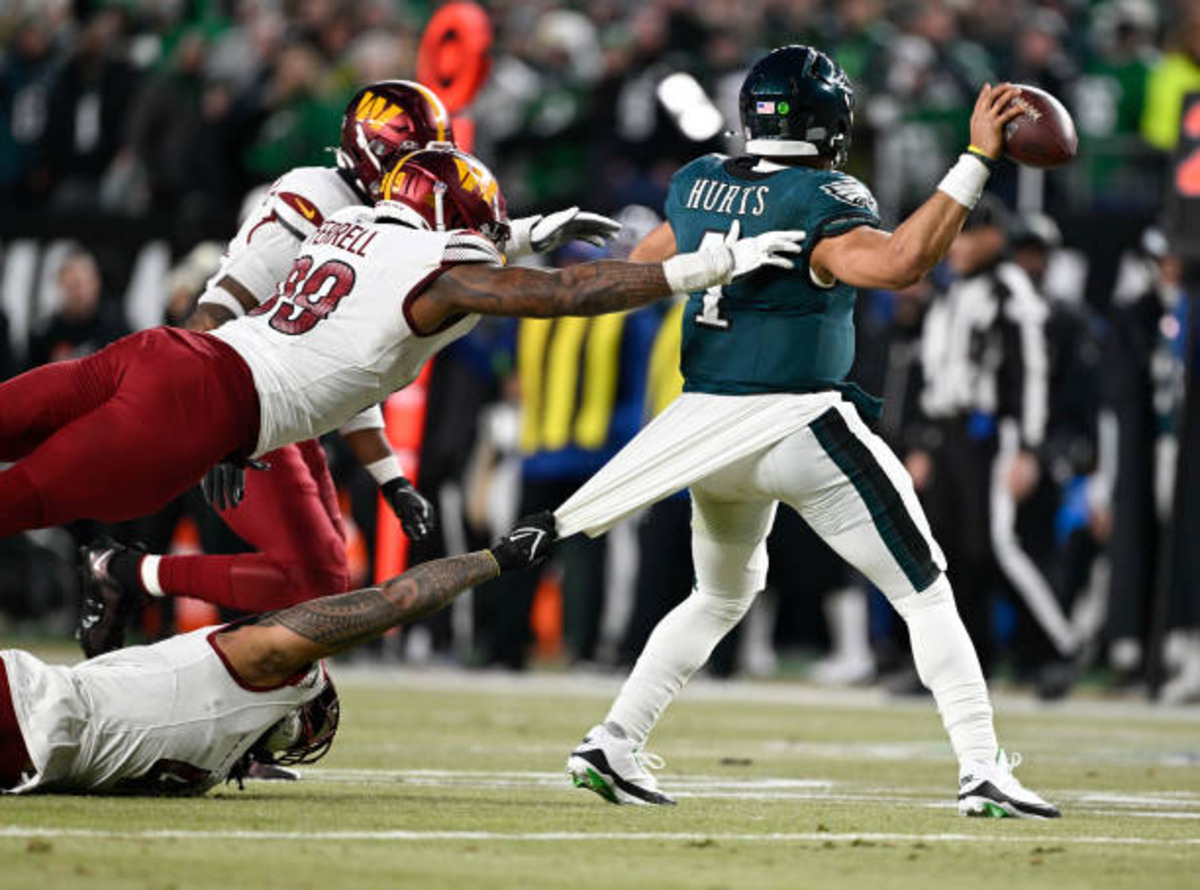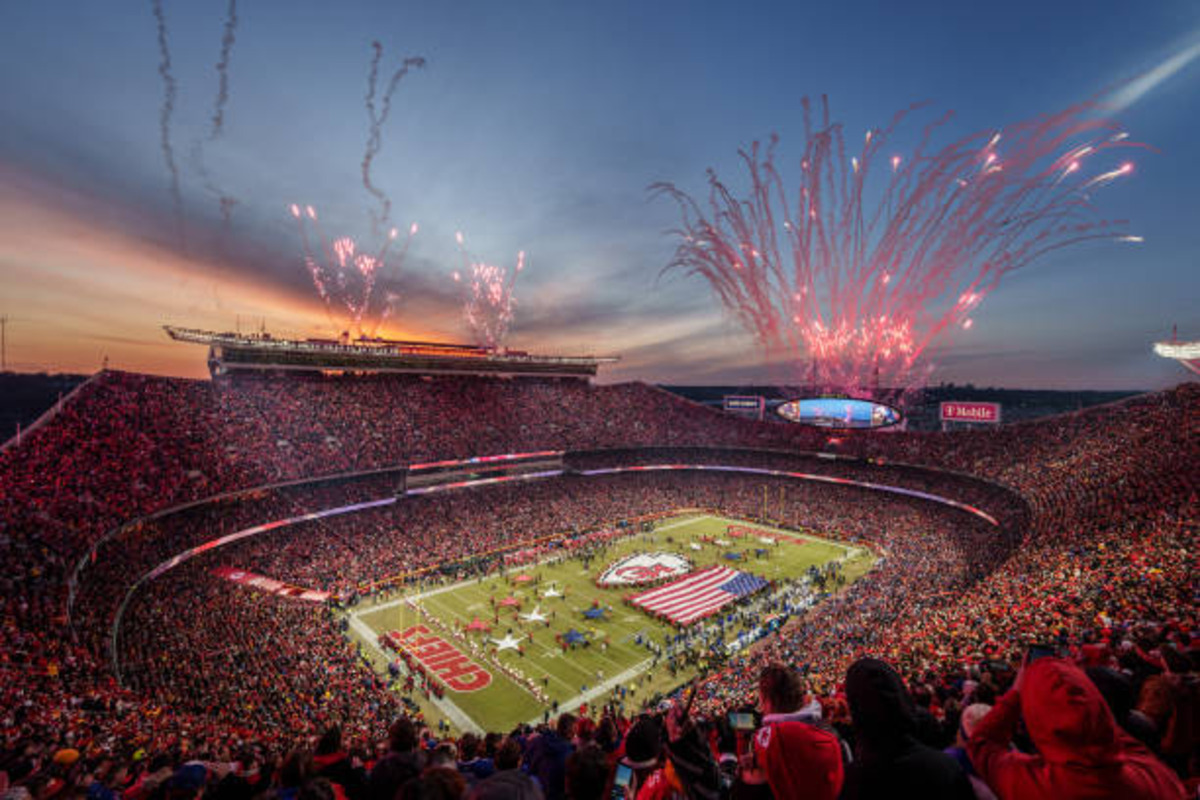In the aftermath of the recent AFC Championship game, where an officiating decision sparked widespread outrage, the NFL is now considering a potential overhaul of its rules.
The contentious call in the game between the Kansas City Chiefs and the Buffalo Bills has reignited discussions around the integrity of officiating and whether changes are necessary to ensure fairness in the league’s most crucial matchups.
The Controversial Call
The moment in question occurred late in the fourth quarter when the Chiefs were awarded a highly questionable pass interference penalty on what many believed to be a minimal contact play.
The call allowed Kansas City to continue their drive, ultimately leading to the game-winning field goal.
The decision immediately drew ire from fans, analysts, and even players, with many arguing that it altered the course of the game in an unjust manner.
What made the situation more complicated was the fact that the call was made during a pivotal moment of the game, essentially deciding the fate of both teams.
As the Bills watched their season end in a controversial fashion, the conversation quickly shifted to whether this was an isolated incident or a sign of systemic problems in officiating.
A League in Crisis?
While officiating has always been a point of contention in the NFL, this incident has sparked more than just a wave of criticism.
Many believe the timing of the call—along with the high stakes of the AFC Championship—highlights the need for a serious re-evaluation of how the league handles officiating in postseason games.
Some are even calling for a review of the league’s current rules regarding instant replay, penalties, and the overall power of referees to make subjective calls in high-pressure moments.
One option on the table is to expand the use of instant replay for penalties, allowing officials to review certain penalty calls to ensure they are accurate.
This change could help address concerns that referees, under the weight of the game’s intensity, sometimes make decisions that are either hasty or inconsistent.

Additionally, some have suggested that the NFL may need to implement a more detailed framework for reviewing controversial calls, particularly in high-stakes games like the AFC Championship.
The league could explore the use of technology, such as tracking sensors or AI-assisted replays, to help determine the accuracy of calls in real-time.
NFL’s Response and Potential Rule Adjustments
The NFL has not yet made a definitive decision on whether any rule changes will be implemented, but the response from league officials has been swift.
In the days following the game, NFL Commissioner Roger Goodell addressed the issue, stating that the league would thoroughly review the officiating performance during the AFC Championship and assess if changes were necessary to prevent similar situations in the future.
In a statement, Goodell said, “We are committed to ensuring that our game is fair, transparent, and as free from controversy as possible.
We take all feedback from fans, players, and coaches seriously, and will carefully consider how we can improve our processes to protect the integrity of the game.”
While there is no official timeline for when any changes might be implemented, discussions among the NFL’s Competition Committee have already begun.
The committee is expected to meet in the offseason to discuss the rulebook and how the league can adapt to modern challenges in the sport.
What This Means for the Future
For fans and players alike, the fallout from the AFC Championship call has raised important questions about the NFL’s commitment to fairness and accuracy in its officiating.
If the league moves forward with changes, it could set a precedent for how technology and rule modifications are integrated into professional sports to improve transparency and decision-making.
As the NFL evaluates its options, one thing is clear: the call in this year’s AFC Championship has opened up a larger conversation about how much control referees should have over the outcome of the most important games.
If changes are made, they could reshape the league’s approach to officiating for years to come, potentially making the sport more equitable for all teams involved.
